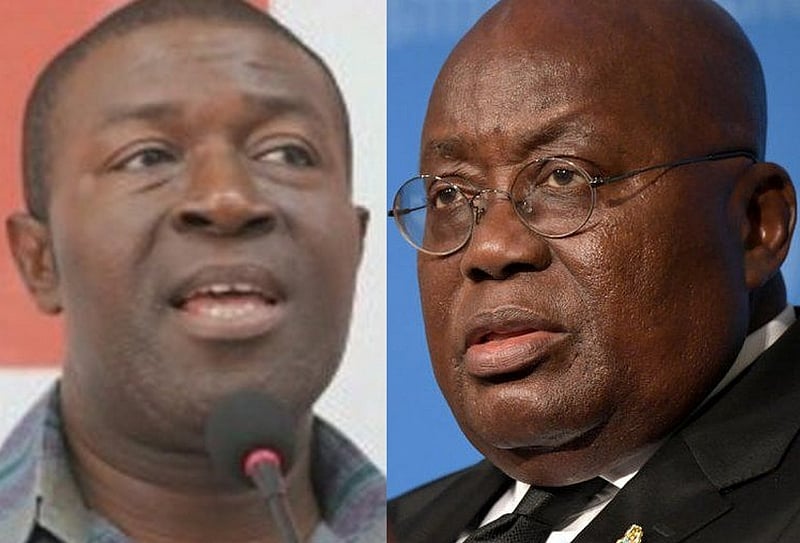Nana Akomea, the Chief Executive Officer of the InterCity State Transport Corporation (ISTC) and an influential member of Dr. Mahamudu Bawumia’s campaign team, has vocalized his pressing concern regarding the adverse impacts of illegal mining, commonly referred to as “galamsey,” on Ghana’s river bodies. During an appearance on the popular morning show, Peace FM’s Kokrokoo, Akomea called for immediate government action to halt all mining activities occurring near these vital water sources. He emphasized that the detrimental effects of both legal and illegal mining operations threaten not only the environment but also the health and livelihoods of numerous communities dependent on these rivers.
Akomea’s plea highlights the growing crisis of galamsey, which has been a persistent issue in Ghana and has led to significant environmental degradation, including pollution of water bodies and deforestation. The repercussions of these mining activities can destabilize ecosystems and diminish water quality, posing health risks to local populations. Akomea argues that the government has the responsibility to protect these resources, advocating for a strong and immediate intervention to safeguard the rivers from all forms of mining, irrespective of scale or legality.
In his statements, Akomea criticized the government for not doing enough to combat the growing menace of galamsey. He called for a unified approach that involves clear and enforceable regulations to prohibit any mining activities in riverbanks and watersheds. By emphasizing the need for comprehensive measures, Akomea suggests that merely regulating small-scale mining is insufficient; a complete ban on mining operations near river bodies is necessary to restore and protect Ghana’s natural resources.
The economic pressures behind illegal mining create a complex challenge for authorities. Many individuals engage in galamsey due to the lure of quick financial gains in a context of economic hardship and limited job opportunities. This socio-economic dimension complicates the government’s role, as legislation alone cannot address the root causes driving people toward illegal mining. Akomea’s remarks highlight the need for the government to develop alternative livelihood programs to reduce the reliance on mining and provide sustainable options for affected communities.
Furthermore, the issue of galamsey extends beyond environmental concerns. The degradation of river bodies can lead to conflicts over water access and quality, exacerbating tensions between communities and stakeholders in various industries, including agriculture and fishing. Akomea’s assertion that the government should prioritize stopping all mining activities underscores the importance of collaborative efforts to foster harmony among different sectors reliant on healthy ecosystems.
In conclusion, Nana Akomea’s call to action reflects a critical moment for Ghana as the country grapples with the consequences of illegal mining. His appeal to halt all mining activities in and around river bodies serves as a reminder of the delicate balance between economic activity and environmental sustainability. It underscores the necessity for urgent government intervention to protect natural resources and consider long-term solutions that address both ecological risks and the socio-economic realities faced by affected communities. As Ghana moves forward, prioritizing environmental preservation while fostering economic opportunities will be crucial in restoring the health of its river systems and ensuring a sustainable future for its citizens.


